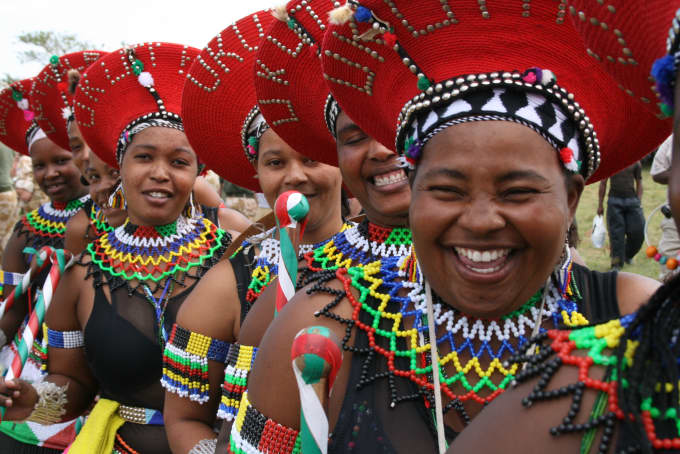African First Ladies Take Campaign against Rape, Early Child Marriage, to Global Stage
Wives of Presidents of African countries by Sierra Leone’s Fatima Maada Bio have taken the campaign against rape, growing femicide, and child marriage to the global stage with their outing this week at the United Nations General Assembly (UNGA) where they staged a passionate appeal to the world body to help their individual and collective programmes aimed at tackling sexual violence against women and girls under the theme: “Hands Off Our Girls! Campaign. This comes against the backdrop of several protests within the week across many countries such as South Africa, Nigeria, Kenya, Uganda and Tanzania on the rising cases of femicide in the continent. It could be recalled that different countries in Africa witnessed a rise in the spate of violence and attacks against women and girls to heights never before recorded, leading to many to start getting worried over the situation.

Mrs Maada Bio was flanked at the event by other prominent first ladies including Jeanette Kagame of Rwanda, Clar Weah of Liberia, Antoinette Sassou Nguesso of the Democratic Republic of Congo, the first lady of Zimbabwe, Auxilla Mnangagwa, and Ermine Erdogan, first lady of Turkey.
Read also:
South Africa is one of the worst places to be a woman
Speaking on the need to pursue the Campaign to its logical conclusion, Mrs Fatima Maada Bio spoke of the need to “lift the lid of silence” taboo and stigma surrounding rape and early marriage in Sierra Leone and other parts of the continent. She highlighted that there is need for the world body and Africa’s development partners to rally support for the end of early marriage and rape in Africa, a movement which the Bios have spearheaded. Interestingly, this year’s General Assembly has been dominated by delivery of the sustainable development goals, of which number 5 is Gender Equality.
Sierra Leone has one of the highest incidences of rape and sexual assault on the continent. In February, President Bio declared a state of emergency due to the high incidences of rape. President Bio, responding to a question on how deeply set cultural mindsets could be changed, said it would take patience and persistence. “We have to leave some aspects of culture behind. We have to establish institutions and cascade our campaigns down across the entire country.
Read also:
Kenyan Scientist, Others Make HIV Cure Breakthrough
In his remarks at the event, the President of the African Development Bank Dr. Akinwumi Adesina spoke out forcefully against all forms of early marriage and said the economic empowerment of women is a critical tool to end the vicious cycle of marginalization and gender imbalance. He added that the Bank started the Affirmative Finance Action for Women In Africa (AFAWA) initiative to help more women to be economically independent of which the sum of $3 billion is being raised to support women. The Executive Director of Girls Not Brides, a nongovernmental organization that focuses on protecting the young girls against early marriages Rachel Yates said that early marriage is not only a human rights abuse it is an economic issue.
Sharing intimate personal details, Maada Bio, recounted her personal story of running away from an arranged marriage to an older man in her early teens. Aided by an older sister, she took a flight out of her native Sierra Leone to the United Kingdom – without her father’s knowledge or permission. “I come from a family where girls are married at 12 years,” she said. Three months later from the safety of the UK, her resolve was set. “From that moment I vowed that I would not see a child being abused,” she said.
Speaking passionately in support of her “Sierra Leonean sister,” Weah said it was time to collectively say no to abuse. “We renew our commitment to create a safe world for our girls in Africa. We entreat all presidents and heads of states to join us,” she said. Ermine Erdogan, an ardent advocate against child marriage in Turkey and who made a special appearance to support the event, said the key to the empowerment of women was education.“There is no excuse for early marriage. The place for a school-going child is school,” she said.
Other voices in support of the first ladies included Djereje Wordofa, UNFA Deputy Executive Director who said protection of girls and women and preventing abuse must become a national priority.
Kelechi Deca

Kelechi Deca has over two decades of media experience, he has traveled to over 77 countries reporting on multilateral development institutions, international business, trade, travels, culture, and diplomacy. He is also a petrol head with in-depth knowledge of automobiles and the auto industry.



